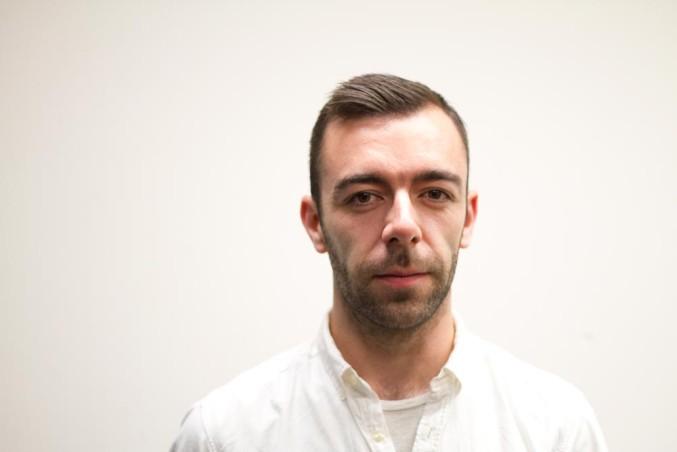By Lee Richardson
It should be no surprise that Ryerson is a business, and not the intellect-soaked think tank that traditionalists expect of universities. Education nowadays is about money. Expansions in academics and the physical campus means that the university both desires money and needs it.
The want for income explains why programs are being introduced that offer low job prospects, such as history. According to 2001 Statistics Canada data, history degrees have especially low rates of return on investment. So why was the history program introduced? The easy answer is money. New programs means new students, which means new money.
Along with new programs are new corporate deals, resulting in brand names on campus – think Coca-Cola, Adidas, Mattamy and Rogers. Such corporate presence draws criticism from those romanticizing university as a place for freedom – a place free of markets which thereby gives time and space to build free thought.
It should come as no surprise that free thought is effectively dead on campus. But the market, and the presence of corporations, is surging.
And that’s not a bad thing.
Firstly, it means that Ryerson has a source of funding aside from research or undergraduate students.
Even though critics bash branded sponsorship, they should be happy about it. Sponsorship helps to keep down fees that otherwise would have to be partially paid out of student’s pockets. If corporations stayed off campus, combined fees would be higher, so those same critics have less to protest again with the way things currently stand.
Secondly, while many students enjoy complaining about the university, sponsorship means that the school you’re paying to attend actually has a reputable name for itself – a name apparently so wellreceived in public that corporations want to attach themselves to it.
Taking that into account I, for one, welcome the day students, garbed in gowns, can be handed their Rogers undergraduate degrees, brought to them in part by Ryerson university.












Leave a Reply